I-Form and PBC BioMed deal to develop magnesium-based medical devices
 525 px by 350 px (h).jpg)
(29th Octoner 2020) I-Form, the SFI Research Centre for Advanced Manufacturing, has signed a four- year agreement worth €312,000, with PBC BioMed, the medical device design and development company.
PBC BioMed, based in Shannon, County Clare, Ireland, has expertise in R&D, regulatory, quality assurance, commercialisation and vigilance requirements. Its clients include start-ups and multinationals.
The aim is to demonstrate improved performance in pre-clinical testing. Ultimately, the feasibility of manufacturing magnesium-based medical devices, using cost-effective, state-of-the art metal 3D printing and coating processes, will be investigated. The I-Form research team will be led by Prof Nicholas Dunne (pictured) and Dr Tanya Levingstone at DCU.
Prof Dunne said: “This project is a continuation of a long-term, fruitful engagement between DCU and PBC BioMed. The advanced manufacturing expertise across the I-Form Centre, will add extra value to the project. In particular, the access to expertise and cutting-edge equipment for metal 3D printing, is essential to develop the next generation of these devices.”
Dr Levingstone said: “Metal 3D printing is a digital-first advanced manufacturing process which facilitates rapid product development and unique designs that are not possible using traditional techniques. The 3D printing of magnesium alloys is a relatively new area but the excellent mechanical properties and biodegradability make these materials exciting candidates for improved device performance.”
“PBC BioMed is celebrating its 10th year of partnering with companies large and small, to deliver science-based innovations in the medical device, biologic and pharmaceutical sectors,” Paul Burke, Managing Partner for PBC BioMed, said. “This long-term engagement with I-Form, forms a critical part of our R&D product and technology roadmap process. The SFI Research Centre - industry engagement model, allows us to access the best expertise and equipment in academic institutions in a cost-effective manner. Development of these products and processes will lead to more business and expansion of our operations over time.”

